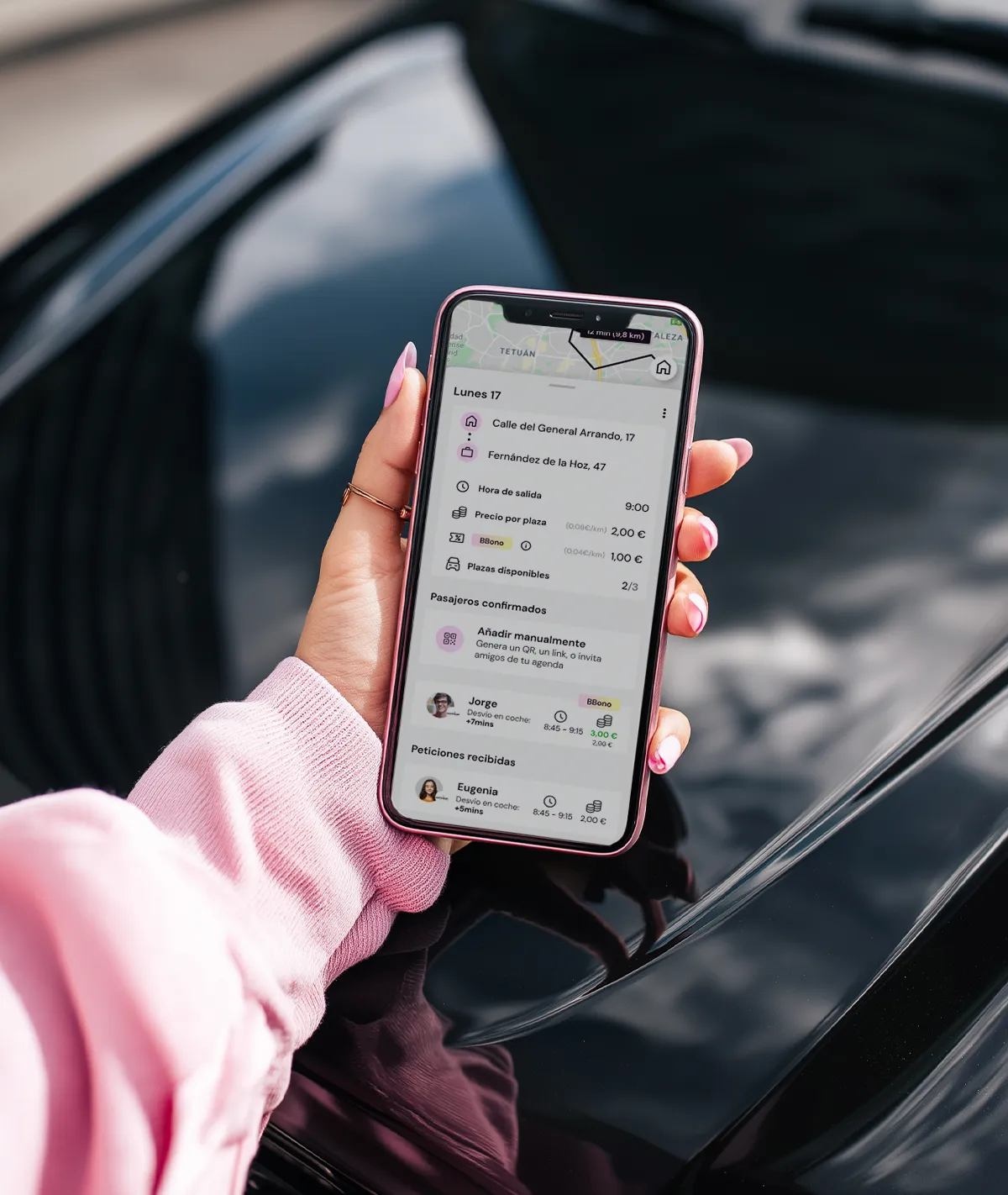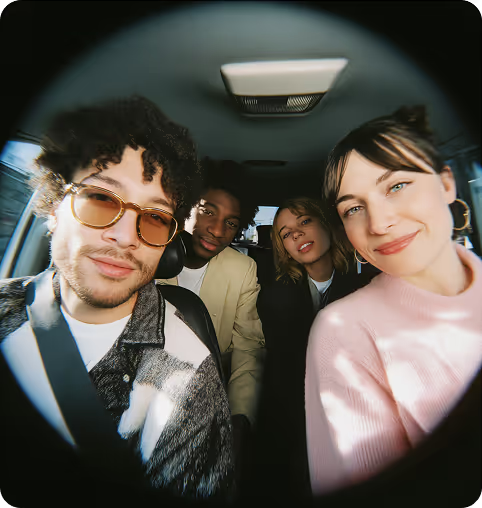The problem isn't the cars, it's the empty seats

In Spain, 85% of drivers drive alone. This reality means millions of cars with empty seats, taking up space in cities, generating more traffic, more emissions and energy consumption that we cannot afford.
The idea of banning driving alone may sound extreme. The question is whether we want to wait for the rule to force us... or start moving better from today. Traffic jams are not a new problem. Only in Madrid do they take place more than 15 million daily trips and, globally, we are talking about more than 100 billion urban trips every day, a figure that will grow by 50% before 2035.
The private car is still the most used option because it is comfortable and flexible, but it is also primarily responsible for collapsing. When two people travel together, the effect is immediate: the number of vehicles in circulation, CO₂ emissions and fuel consumption are halved. The economic savings are equally significant: a driver can reduce up to 1,200 euros per year in transportation costs, while a passenger can earn more than a week's vacation in time and money saved.
And most importantly: Each shared ride means one less car in a traffic jam.
Incentives, not prohibitions
The proposal to ban driving only by car may seem extremist and generate social and economic resistance, especially in a country where the automobile is the second largest national industry. The solution is not to prohibit, but to encourage more people travel accompanied. In Spain, there are already pioneering municipalities that reward drivers and passengers through Energy Saving Certificates, which turn the reduction of emissions into direct economic benefits. To this is added the new Sustainable Mobility Act, which will force companies with more than 500 employees to have responsible transportation plans, opening the door for millions of workers to access cheaper and more sustainable options.
Much more than mobility
Car sharing isn't just efficiency: is community. In industrial parks, universities or rural areas with little public transport, traveling accompanied is solving problems of access to employment, reducing absenteeism and improving family balance. Also in saturated urban environments, where every seat occupied means less pollution, less stress and more collective well-being.
The change starts in the next seat
The mobility of the future will not be built with more cars, but with more collaboration. We don't need to wait for solo travel to be banned: we can transform the way we move from today. Because to share is not to lose freedom, it is to gain in everything: less traffic, less spending, less emissions and more community.



